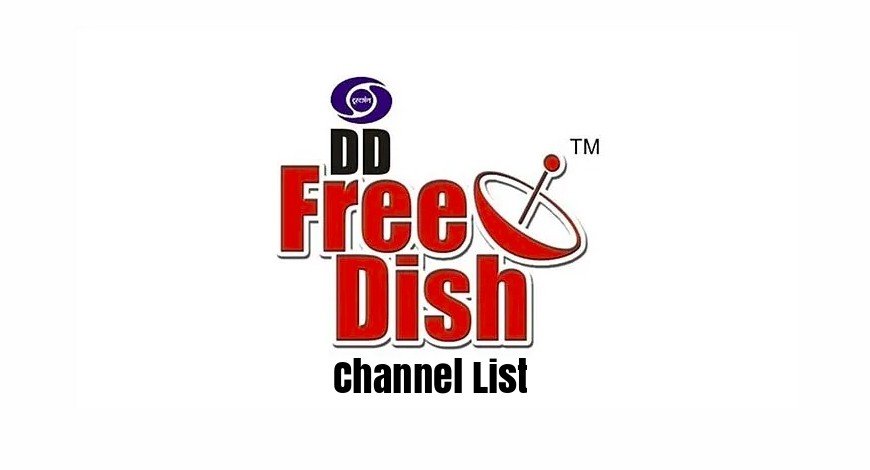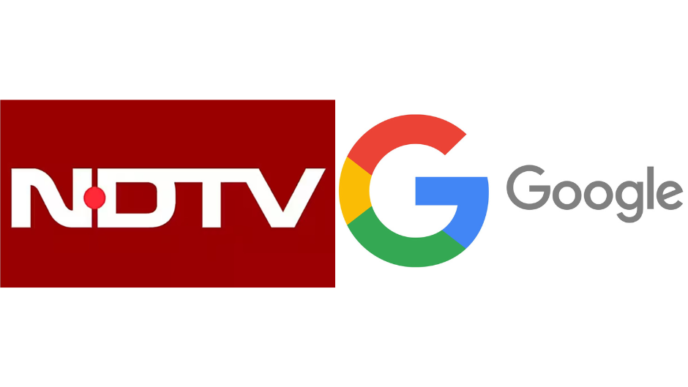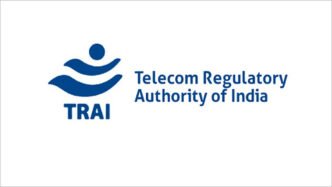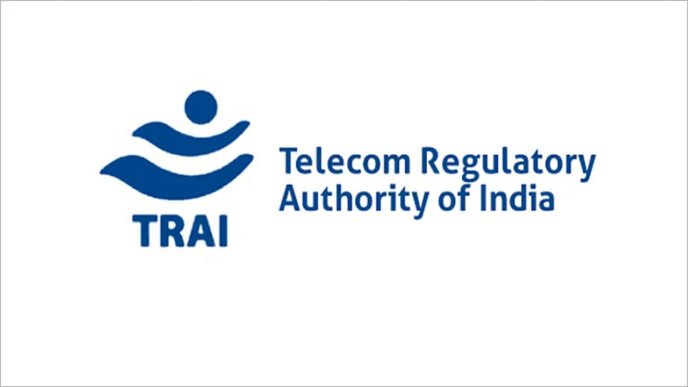New Delhi: The Telecom Regulatory Authority of India (TRAI) has proposed a significant upgrade for Prasar Bharati’s DD FreeDish platform, suggesting it transition from a non-addressable to an addressable system. This move aims to address discrepancies in subscriber data and ensure fair competition with private television channels.
Currently, DD FreeDish lacks a robust mechanism to authenticate the number of households accessing its services, leading to conflicting reports on subscriber numbers ranging from 45 million to 58 million. TRAI’s recommendation highlights that an addressable system, facilitated through set-top boxes (STBs) with Subscriber Management Systems (SMS), would enable accurate tracking of subscribers and enhance service quality.
Addressability in STBs allows for conditional access and content security, aligning with global broadcasting standards and improving the overall viewer experience. TRAI emphasizes the need for a defined timeline (“sunset date”) for this upgrade to ensure timely implementation and parity with private broadcasters.
ALSO READ: Media Habits of Gen Z in Bharat Z: Print Leads Information, TV Tops Entertainment
In addition to enhancing domestic operations, TRAI also suggested that Prasar Bharati should explore bilateral agreements and Memoranda of Understanding (MoUs) with international broadcasters. These agreements would facilitate content distribution abroad, promoting Indian cultural and soft power globally.
Furthermore, TRAI recommended similar strategic initiatives for All India Radio (AIR), advocating for content-sharing agreements with international radio stations. This initiative aims to cater to the expatriate community in India and promote cross-cultural exchange through digital multicast channels.
To support these initiatives effectively, TRAI proposed increased funding for Prasar Bharati to boost content production quality and expand television and radio services. Additionally, it suggested the development of an OTT platform leveraging Prasar Bharati’s extensive content library to cater to modern viewing habits and enhance user engagement.
Looking ahead, TRAI urged a transition to digital radio broadcasting, emphasizing the need for a comprehensive transition plan that ensures compatibility with future upgrades and affordability of digital radio receivers across India’s diverse linguistic landscape.
The recommendations underscore TRAI’s commitment to modernizing India’s broadcasting landscape, ensuring equitable access to quality content, and leveraging technological advancements to meet evolving consumer preferences.












